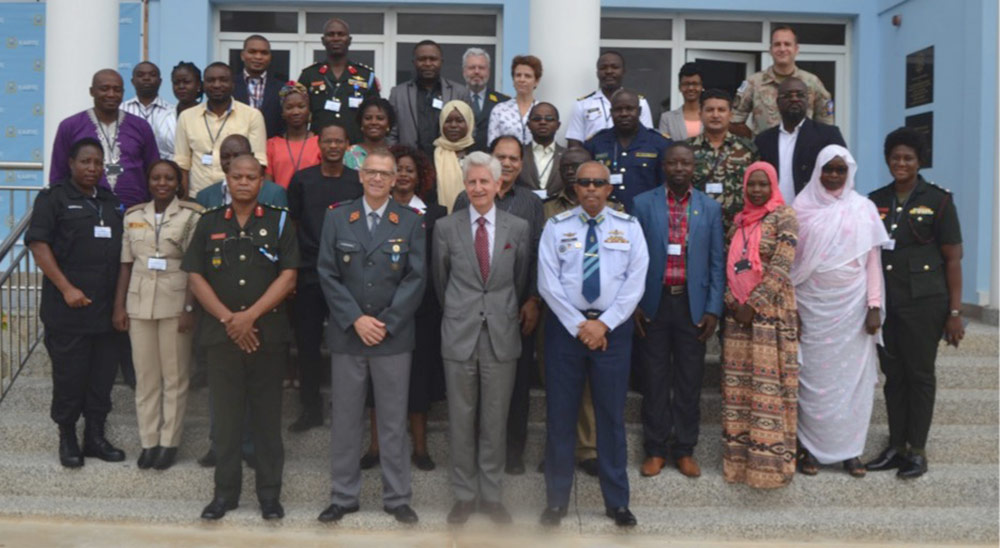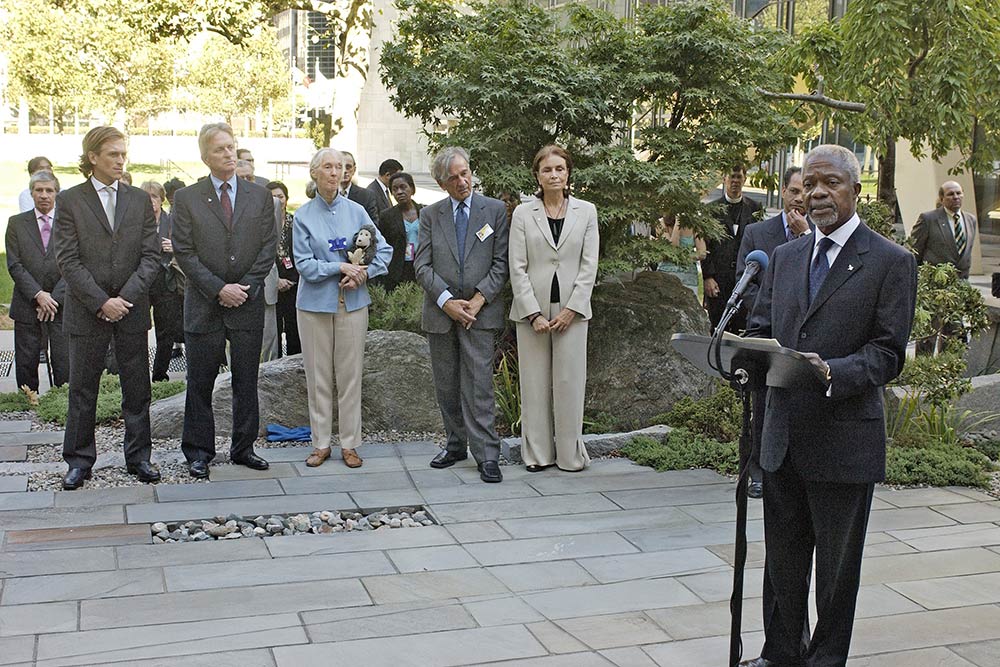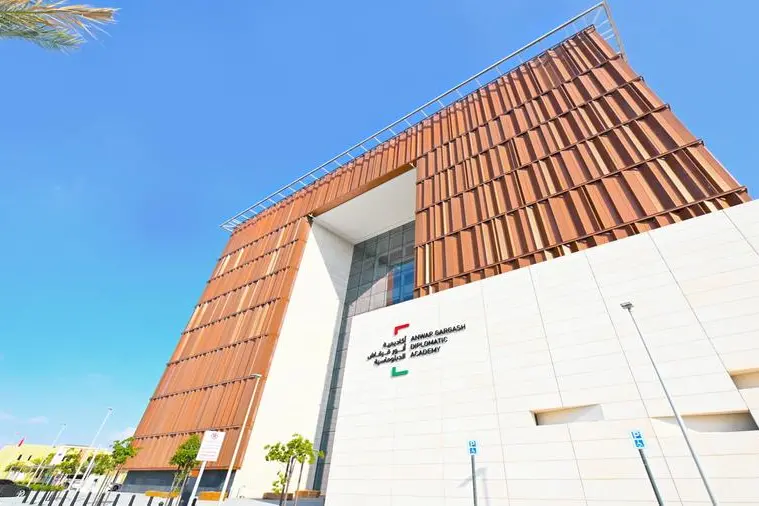The changing nature of today’s armed conflicts has resulted in an increased civilian-combatant interface to the extent that contemporary conflicts have been referred to as “wars among the people”. Civilian populations bear the greatest brunt of today’s complex and intractable conflicts. The change has necessitated both doctrinal and operational shifts in peace support operations. Protection of Civilians (POC) has increasingly become an integral component of contemporary peace support operations (PSOs). Emerging international support to the “responsibility to protect” norm notwithstanding, peacekeepers and other actors involved in PSOs are not adequately trained to deal with the daunting task of the civilian protection agenda.

The Kofi Annan International Peace Keeping Centre (KAIPTC) and the Swiss Confederation hosted a course on “Protection of Civilians in Armed Conflict”. The course took place at the KIAPTC, Accra Ghana from 16–25 October 2017. The course targeted Mid-level operational personnel from mission personnel, humanitarian actors, government officials, non-governmental organisations and civil society organisations to equip them with the relevant skills to deal with the challenges faced by vulnerable communities. The course was attended by 29 participants from 14 different countries.
The aim of the course was to enhance the capacity of participants for the effective implementation of POC mandates in peace operations in order to mitigate the effects of conflicts on civilians. The course covered the following: the background and history of POC, overview of contemporary UN, AU/REC PSOs, UN/AU/REC’s approach to POC, normative framework of POC, SSR, R2P and POC, gender and POC, POC in practice: practitioners’ perspective and POC in practice: challenges and controversies.
As part of ACCORD/TfP capacity enhancement efforts for its staff members, ACCORD /TfP was represented by Miss Sibusisiwe Nkosi, Programme Officer Peacekeeping.
The TfP Programme at ACCORD is an initiative funded by the Norwegian Ministry of Foreign Affairs.







